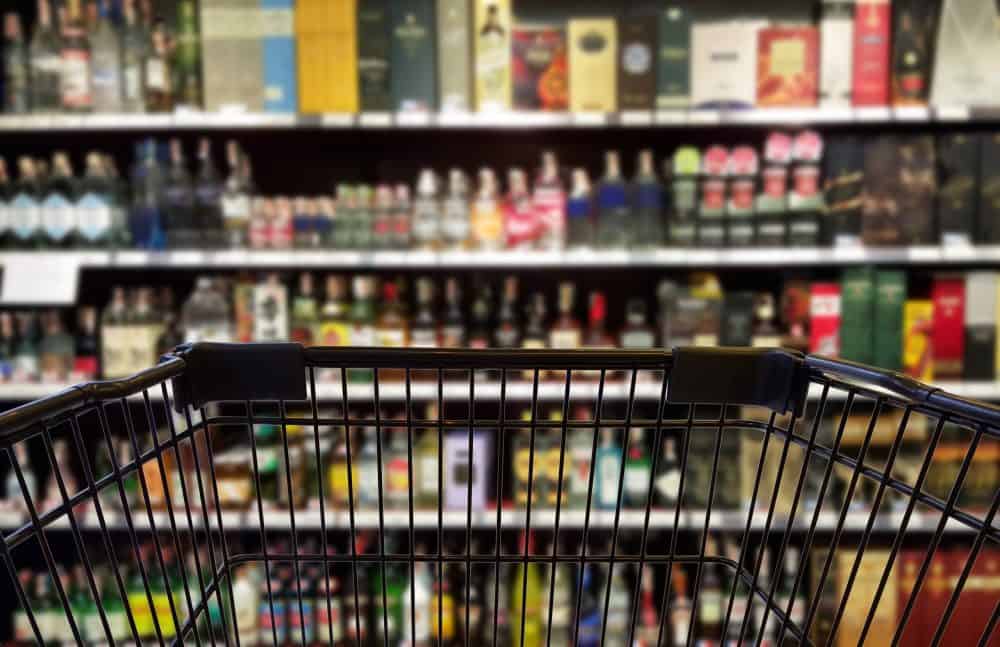Disputing Irrational Beliefs & The Power of the Question
Posted on July 24, 2020
by Thaddeus Camlin, PsyD
Humans are renowned for our cranial horsepower. To maximize efficiency, our brains developed a number of shortcuts to thinking that are rarely questioned. The discovery of the brain’s cognitive shortcuts made researcher Daniel Kahneman one of only two psychologists ever to with both the Nobel and Grawemeyer prizes, and for those interested the book Thinking Fast & Slow gives a detailed account of the cognitive cheats than can wreak havoc when they go unquestioned. In the world of addiction, the company line continues to be notoriously under-questioned and groupthink abounds. People who question the status quo in addiction treatment are greeted with about as much enthusiasm as a free thinker in boot camp. But for any provider or person seeking treatme...
full story










